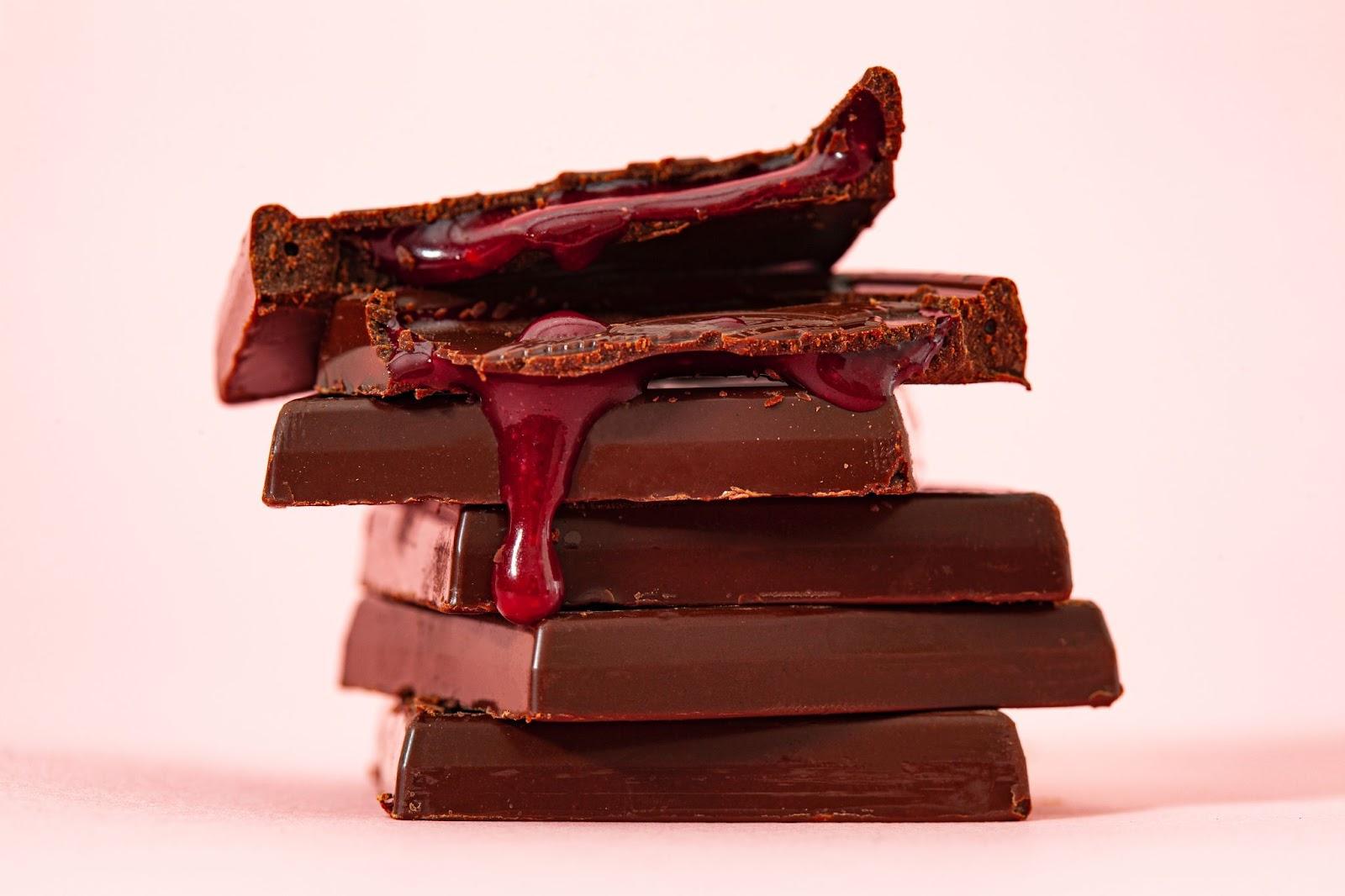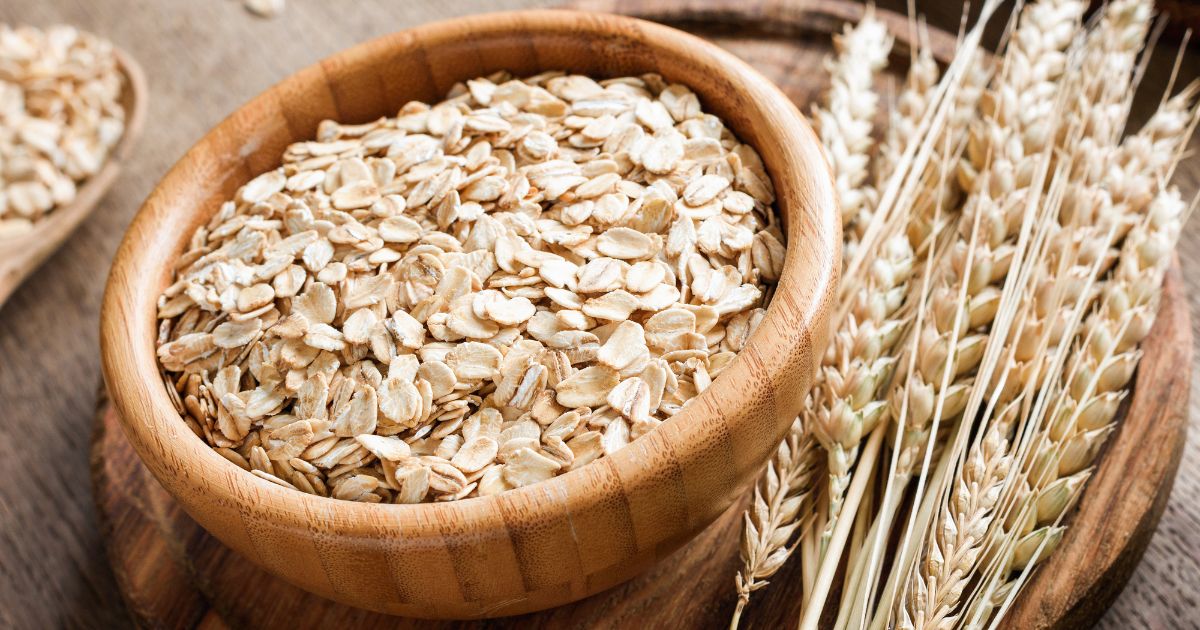Introduction
Chocolate; the word itself is enough to smile on anyone’s face! However, if you suffer from acid reflux, it might be wise to avoid chocolate.
The causes of acid reflux vary, but one approach is to try eating chocolate moderately and see how it affects you.
Acid reflux symptoms can result from certain foods and drinks considered acidic, as stated by experts. People often wonder if they should avoid eating chocolate if they are prone to heartburn.
This article will help you understand the link between acid reflux and chocolates. Moreover, we shall discuss the different types of chocolates in detail and how they can cause acid reflux.
What Is Acid Reflux?
GERD, commonly known as gastroesophageal reflux, happens when stomach acid flows back into the esophagus. It leads to discomfort and heartburn. This condition happens when the lower esophageal sphincter. It stops stomach acid from flowing back up, becomes weaker, or relaxes. Several factors, such as pregnancy, obesity, or specific foods, can trigger GERD. However, if left untreated, GERD can lead to severe complications like Barrett’s esophagus or esophagitis.
About 20% of the American population experiences acid reflux. Moreover, if it occurs more than twice a week, it can lead to GERD. Doctors suggest keeping a food diary to diagnose the condition. Therefore, the GERD Diet and many other diets recommend avoiding certain foods that can worsen the symptoms. That includes chocolate.
Understanding Acid Reflux From Chocolates
Chocolate consumption may cause heartburn due to the presence of caffeine and theobromine. These substances can cause the muscles at the end of the esophagus to relax, allowing stomach acid to flow back up. Chocolate has a high fat content that may cause increased stomach acid, which could result in heartburn.
Cocoa powder contains theobromine, which can cause the lower esophageal sphincter to relax. This can lead to stomach contents rising and causing a burning feeling in the esophagus. Additionally, the naturally acidic properties found within cocoa powder potentially exacerbate these symptoms even further.
pH Levels Of Different Chocolates
Below are the pH levels of dark, milk, and white chocolates, respectively. Let us take a look and understand how each category affects GERD problems:
1. Dark Chocolate pH Level
Dark chocolate is a type of chocolate that has a higher amount of cocoa solids and less milk solids.
However, caffeine and theobromine can cause the LES to relax and result in acid reflux. Therefore, minimizing its consumption or opting for a milder substitute is advisable.
Flavonoids, which are natural compounds with health advantages, are present in dark chocolate.
The acidity level in dark chocolate is determined by the ratio of cocoa solids to milk solids. With a cocoa content of 70%, dark chocolate has a pH of about 6.7. However, this is lower than milk chocolate’s pH of 6.3.
Despite being acidic, dark chocolate is still a better choice because it is less acidic than most other foods.
2. Milk Chocolate pH Level
Milk chocolate is a delicious treat made with milk powder or condensed milk. These ingredients give the chocolate its signature smooth and creamy texture, making it different from other types of chocolate.
Moreover, milk chocolate milk adds a hint of sweetness that many people love.
The pH level of milk chocolate is around 6, meaning it’s slightly acidic. However, this level of acidity is not strong enough to harm your teeth.
Therefore, milk chocolate falls slightly on the acidic side when it comes to determining its pH level.
3. White Chocolate pH Level
White chocolate is a unique type with a distinct texture and flavor. Unlike other chocolates, it doesn’t contain cocoa solids, making it creamy and less bitter.
White chocolate has a pH level of approximately 6.5, which makes it slightly acidic. However, there are no cocoa solids present in white chocolate. Therefore, it is less acidic than other chocolate varieties.
It is commonly used in baking and desserts, perfect for those who prefer a milder chocolate taste.
Although not the healthiest option, white chocolate is a delicious treat for those craving something sweet and indulgent.
Taking Care Of GERD
If you suffer from acid reflux, you can treat it with over-the-counter (OTC) medications such as:
- Antacids.
- H2 blockers.
- Proton pump inhibitors.
These medicines can help neutralize stomach acids and provide quick relief. However, if lifestyle changes and OTC medications don’t work, you should talk to your doctor.
Moreover, some prescription-strength H2 blockers and proton pump inhibitors increase the risk of vitamin B-12 deficiency and bone fractures.
Therefore, you can take Baclofen to strengthen the esophagus and reduce acid flow. However, if medications don’t work, surgery such as LINX surgery or Nissen fundoplication helps strengthen the esophageal sphincter.




